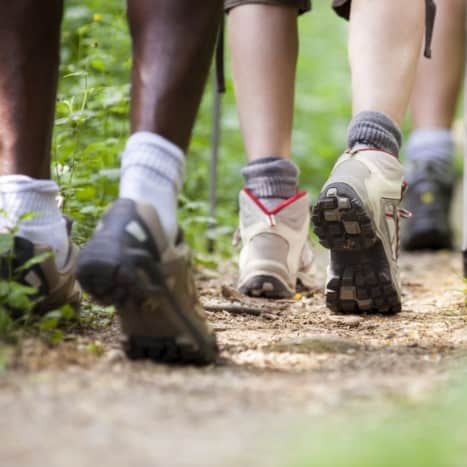
Summer has arrived and 2025 is nearly upon us. The change in season and Christmas not only means not only the holiday season, but resuming or trying new summer outdoor activities and summer clothing. Varicose veins affects around 1 in 3 people in New Zealand, slightly more women than men and in summer, and the heat can intensify the symptoms. That’s why it’s important to consult a specialist.
What are Varicose Veins?
Varicose veins are enlarged veins. Inside your veins you have valves, which can sometimes fail. When this happens blood pools in your legs, which gives symptoms of discomfort, aching, swelling and more. They can look abnormal, enlarged, bulging or blue-ish in colour.
Symptoms:
- Swelling in the lower legs, especially after extended periods of standing or sitting
- Throbbing pain and leg cramps
- Aching and heaviness or tiredness in the legs
- Flaking or itching skin of the legs
- Reddish-brown discolouration of the skin
- Leathery-looking skin on the legs
- Leg ulcers
Sometimes there are no visible signs, but a dull aching, itching or lots of spider veins. They affect up to 40% of women and 30% of men. Many people consider varicose veins as only a cosmetic condition, but left untreated, the disease can progress to chronic venous insufficiency.
Spider veins, as the name suggests, are often the shape of a ‘spider web pattern’. They are close to the surface of the skin and tend to be very visible, red, black, blue or purple in colour.
Chronic Venous Insufficiency (CVI)
Chronic Venous Insufficiency (CVI) is a condition that develops over many years, and occurs when the vein wall and/or valves in the leg veins don’t work effectively, causing blood to collect or pool in these veins. If left untreated, the pressure increases until the tiniest blood vessels in the legs (capillaries) burst, causing a reddish-brown skin discolouration. This causes local tissue inflammation and damage, which is sensitive to being broken if bumped or scratched, leading to infection, known as cellulitis, or open sores on the skin surface, known as ulcers. These ulcers can be difficult to heal.
What does SVH recommend to help in the warmer months?
- Staying cool/spf protected
- Compression
- Consider booking a consultation with one of our medical specialists
UV protection
Protect your legs from UV rays as some varicose veins may be more sensitive to this. Often over areas with say varicose eczema (learn more about varicose eczema here), discolouration, inflammation, dry, shiny or swelling you will have less protection, making it more sensitive to UV harmful rays. Any kind of UV protection is essential, like long and loose clothing or regularly applying sunscreen.
Compression socks for Varicose Veins
We recommend wearing sport compression stockings when you are doing exercise, like hiking or running etc. This helps to squeeze your calf, which is a pump, helping your veins drain faster and more efficiently. They do this by compressing the calf muscle – therefore pushing blood back up to the heart. By doing this compression socks can help prevent:
- Pooling of blood in your lower limbs
- Dull aching, throbbing or itching at the end of the day
- Swelling
- Blood clots forming in your lower limbs – which could travel towards your heart and become life threatening
What makes a compression sock different from a normal sock?
Compression socks are made from a special snug elastic hosiery weave that gently squeezes your leg. You will find with compression that they feel tighter around your ankle and get looser as they go up your leg. Compression of the calf muscle – helping your blood return to your heart, is what makes a compression sock different to a normal sock.
Learn more about compression socks here.
Specialist Vein Health offers a range of treatments specifically tailored to reduce the appearance of spider and varicose veins in Auckland, greater Wellington, Palmerston North and Nelson. Contact one of our friendly clinics today.
If you would like to book a consultation with one of our medical specialists in Auckland, Palmerston North, greater Wellington or Nelson click here.
Referrals are not always necessary. Contact us today.